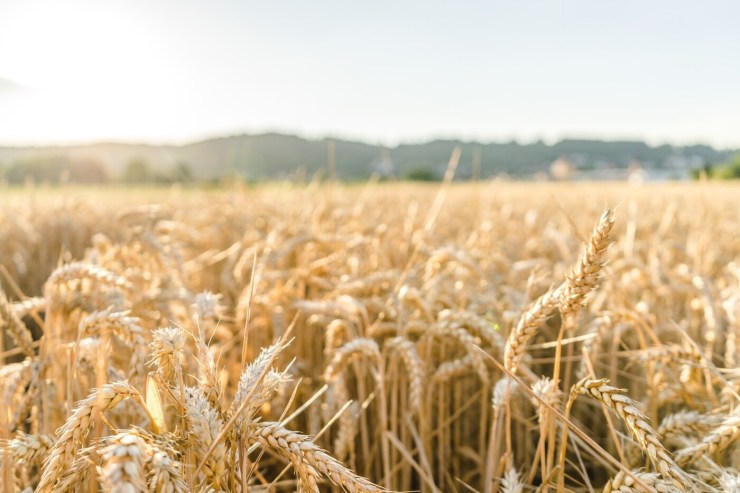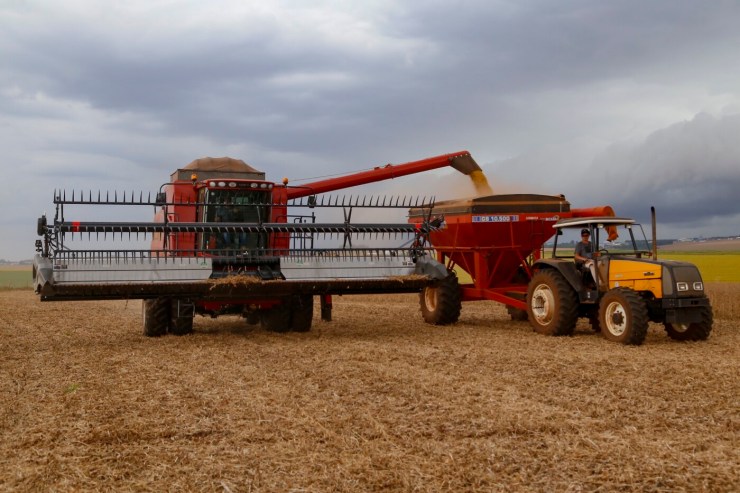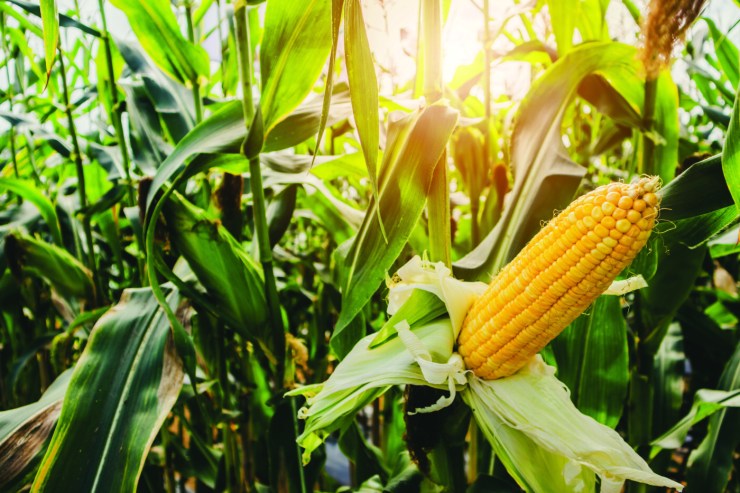The Brazilian Sustainable Livestock Board presented suggestions for improving the federal government's Climate Plan, highlighting the need for greater clarity and effectiveness in targets for agriculture and livestock. The initiative is part of the sector's ongoing monitoring of sectoral plans for mitigation and adaptation to climate change.

Photo: Arnaldo Alves
The current plan, according to the organization, presents important advances and a robust structure, but it still needs to detail how emissions will be measured and how practices already adopted in the field, such as pasture restoration, integrated crop-livestock-forestry (ILPF), and waste management, will be accounted for. "It is essential that the established targets are clear, feasible, and recognize the progress already underway in the field. The adjustments we propose seek to make the Plan more transparent, precise, and viable, so that it can be an instrument of real transformation and boost the competitiveness of the Brazilian livestock industry," said Ana Doralina Menezes, president of the Brazilian Board.
Among the technical contributions presented are:
• Transparency in measuring emissions: detail data, methodologies and contribution of each agricultural activity;
• Recognition of sustainability practices already implemented;
• Accounting for soil carbon and restoration of native vegetation;
• Measures adapted to family farming, including credit lines, technical assistance and metrics compatible with the scale of production;
• Intermediate milestones between 2030 and 2035 to monitor progress and adjust routes;
• Strengthening monitoring and transparency through the AgroBrasil+Sustentável platform, integrated with the Rural Environmental Registry (CAR);
• Methane reduction and innovation: recognition and support for validated technologies, such as emissions-reducing additives, with financing and technical assistance.
The work was led by the Brazilian Board's Climate Working Group, made up of representatives from member organizations, who are dedicated to technical analysis and collaborative construction of proposals.
The Brazilian Board, a multi-sector network that brings together more than 60 organizations in the beef production chain, is available to the government to discuss and contribute data and technical knowledge, with the aim of ensuring that Brazilian livestock continues to advance in productivity, competitiveness, and sustainability.
The full document with the Board's contributions can be accessed by clicking here.
Read the full Position Statement from the Brazilian Sustainable Livestock Board on the Climate Plan
The Brazilian Sustainable Livestock Board has been closely monitoring the progress of the federal government's Climate Plan, with particular attention to the sectoral plans focused on "Agriculture and Livestock." As a representative of the sustainable livestock value chain, it submitted contributions to the first draft of the public consultation text for the Sectoral Mitigation Plan. The organization also contributed to the consultation on the Adaptation Plan in May.

Photo: Gabriel Faria
The current document presents important advances and a robust framework to guide national climate policy. However, the livestock sector has identified areas that require greater clarity and improvement to ensure the Plan's effectiveness and avoid misinterpretations of the role of agriculture. Technical proposals were presented to the government by the Brazilian Board, including:
How emissions are measured: More transparency is needed on how the numbers will be calculated, showing what data and methodologies were used and how each agricultural activity contributes to achieving the targets.
Recognition of practices already adopted in the field: practices such as pasture restoration, crop-livestock-forest integration (CLFI), and waste management need to be clearly linked to climate goals so that their real contribution can be measured.
Soil carbon and restoration: the Plan must account for soil carbon emissions and removals, including removals generated by the restoration of native vegetation and pasture recovery on rural properties, using a specific methodology.
Family farming: it is essential to include measures adapted to the reality of this segment, such as lines of credit, technical assistance, and ways to measure results compatible with their scale of production.
Milestone tracking: In addition to targets for 2030 and 2035, it's important to have intermediate milestones (such as 2032 and 2034) to track progress and correct course if necessary.
Monitoring and transparency: The AgroBrasil+Sustentável Platform must be strengthened as the main monitoring tool, integrated with registries such as CAR, to provide greater clarity and credibility to the results.
Methane reduction and innovation: Already validated technologies, such as additives that reduce methane emissions from animals, need to be officially recognized and supported by funding and technical assistance so that they can be accessed in the field.
"The Climate Plan is fundamental to guiding the country's public policies in addressing climate challenges, and livestock farming plays an important role in this process. Therefore, we believe it is essential that the established goals are clear, achievable, and recognize the progress already underway in the field. The adjustments we propose seek to make the Plan more transparent, precise, and viable, ensuring that it becomes an instrument of real transformation, capable of boosting the competitiveness of Brazilian livestock farming and demonstrating to the world that Brazil can lead the way in sustainable meat production," commented Ana Doralina Menezes, president of the Brazilian Board.

Photos: Diego Vargas
As a multisectoral network that brings together all links in the livestock value chain, the Brazilian Sustainable Livestock Board is available to the government to engage in dialogue and contribute data and technical expertise. Its commitment is to ensure that Brazilian livestock continues to advance in productivity, competitiveness, and sustainability, contributing concretely to a solid, transparent, and feasible climate agenda.
This work was led by the Brazilian Board's Climate Working Group, made up of representatives from member organizations, who have been dedicated to technical analysis and the collaborative construction of proposals for the Plan.
Check out the contributions in full by clicking here.





